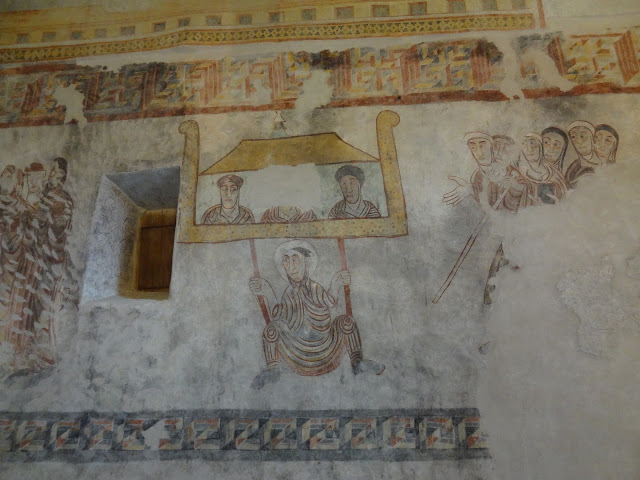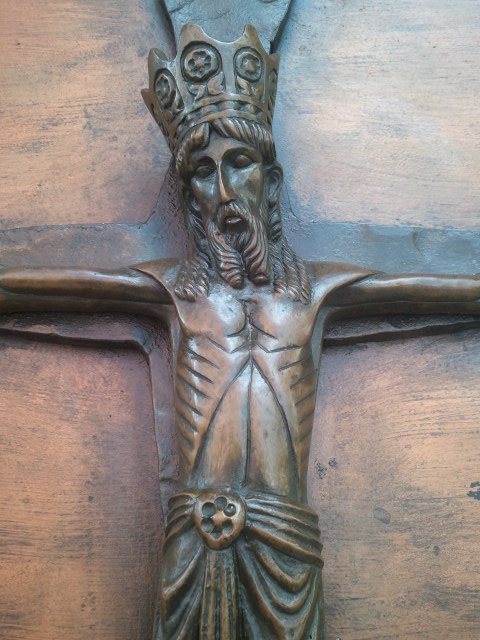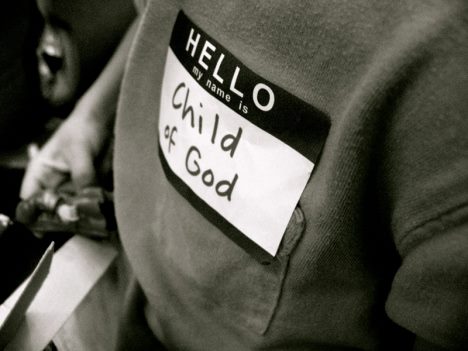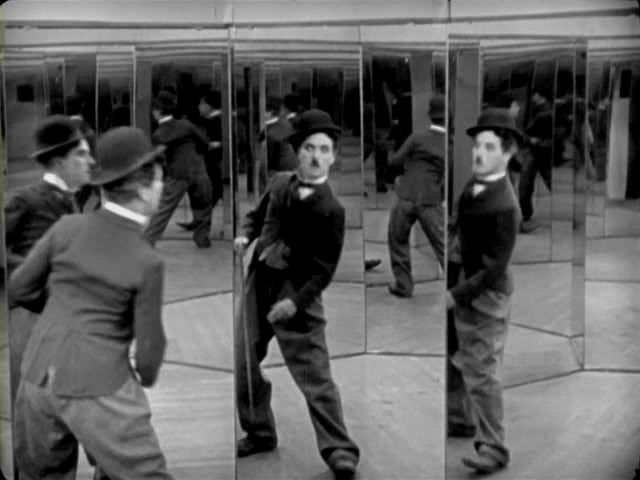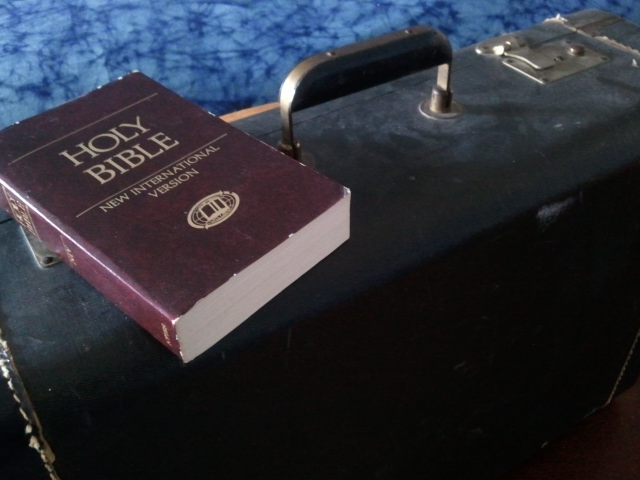
The newspaper was a great invention. I’ve spent hours and hours happily reading newspapers, and have recycled great quantities of newsprint in my day. My house is also full of vinyl records and CDs. But as surely you have noticed, journalism and the music business are not the same businesses they were twenty years ago. If you worked at a newspaper or in a record store back then, I’ll bet you don’t any more, even if you want to. The internet has changed where we get our news and our music, and how we keep up with our friends. When was the last time you sat down to have a leisurely visit on the telephone–just to catch up?
The Church is changing too. Membership is declining across the denominations. People are voicing frustrations. Asking questions. Trying new things. Church is happening in pubs and bars. The Methodists are debating whether Holy Communion can be offered online. More clergy have piercings and visible tattoos. The Pope is offering indulgences for being present via Twitter.
Of course, the Church has already gone through over 2000 years of changes, so we shouldn’t fear change. And we’ve always been a diverse bunch–especially since Paul started preaching to the Gentiles. So really, what’s the big deal? Church may look a little different in ten years. Not a problem. We’re not wearing hats and gloves any more either.
But the question for me is not one of adapting to fad or fashion. It’s about essence and accident. I think that something qualitatively different is happening to the Church because of the way technology and the internet allow us to form communities and share information. This feels bigger than hats and gloves, and more like the Reformation. There’s a Do-It-Yourself Zeitgeist that seems to be drawing some strength from the long-standing priesthood-of-all-believers debate. And there’s obviously a lot of frustration born out of the years of acrimonious culture wars. Sure there’s always been plenty of frustration, but now it’s getting 26 million hits on YouTube.
A friend of mine once lived in the Middle East where he and his wife would play a game: “If you have to get out with just what you can carry, what do you take?”
Lately I’m thinking we need to play that game in church. We’ve always said, “The Church is not a building.” So what is it? What is it now? What’s essential? Do we need buildings? Worship services? Education and spiritual formation opportunities? The Bible? The sacraments? Do we need clergy? Do we need denominations and affiliations?
I’m not saying this is the apocalypse or the death of the Church. Still, I see changes coming, and though people are plenty busy, very few seem to be getting ready for anything different. Instead I see a lot tips and tricks for using technology. I see church folks using Twitter and Facebook to broadcast the same information they’ve always broadcast. And instead of offering spiritual food to The Church Online, too many clergy only offer the opportunity to watch them talk to other clergy online. Why doesn’t the Church come up with a Big Idea instead of adopting a few new tools? Let’s ask ourselves, “Has your cell phone changed your life? How could it change your spiritual life? Where are people gathering online? Can the Church be a presence there?”
I wish that more people would think about the Church as a network where technologies can be used to facilitate the action of the Holy Spirit. I wish they would consider creating a “community…cloistered within a digital mesh that connects members to one another throughout each day.” I wish there were a little more hospitality and a little less sales.
I feel confident that God will find people wherever they are and however they gather. It’s the Church that needs to be more nimble and creative. We need to talk about what’s essential going forward. Otherwise, we’ll arrive in the future having packed our favorite watch and forgotten our shoes.

